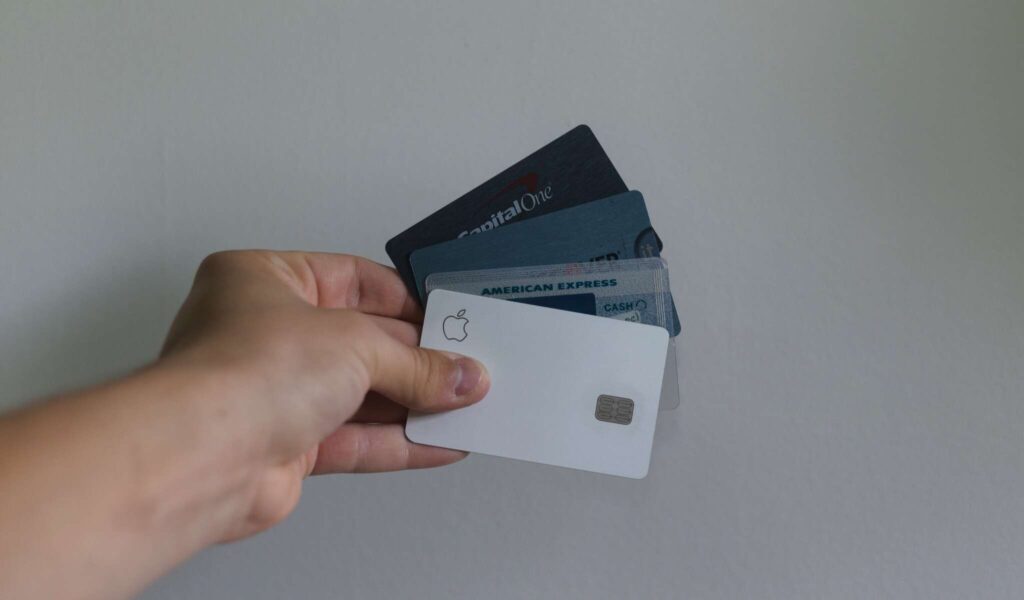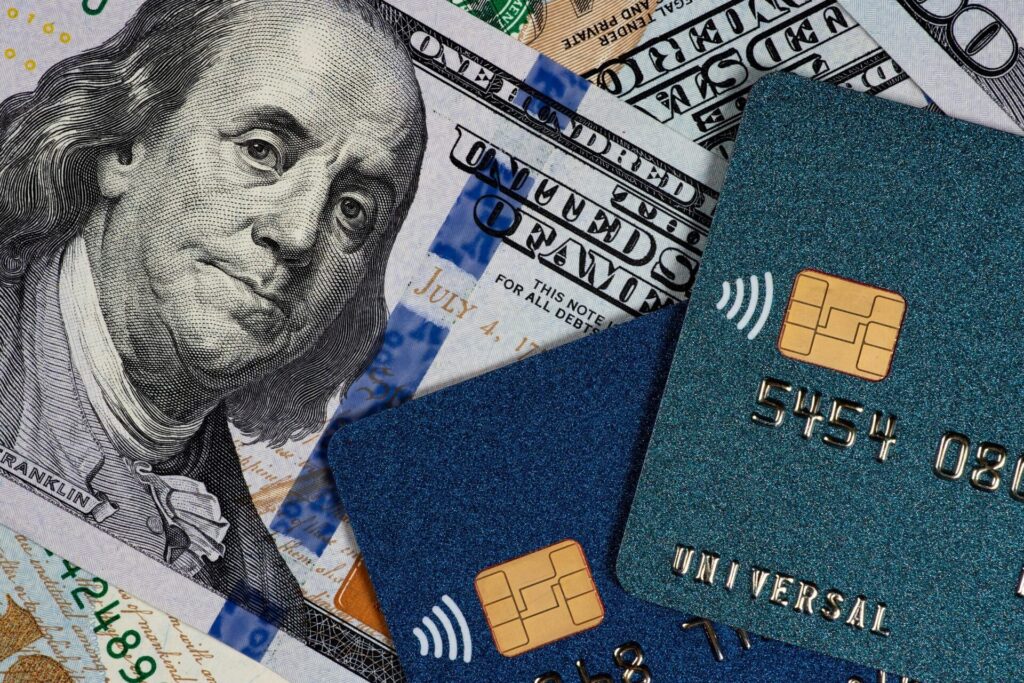The coronavirus pandemic has turned many people’s financial lives upside down. But, with the news of coronavirus vaccine trial announcements by companies like Moderna and AstraZeneca is giving us some hope. Many of you may have delayed your major purchases, you will need good credit when you eventually want to start spending again. It’s very important to think about the long term effects of this pandemic on your credit score. In this article we will provide you an extensive guide on how you can protect your credit score.
Check Your Credit Report Regularly
The three big credit reporting agencies, Equifax, Experian and TransUnion are offering free weekly credit reports for the next year in order to help people protect their score through any financial hardship caused by coronavirus over the coming months. If you are working with lenders on payment accommodations, it’s important that you’re aware of all your creditors and have a clear “before” snapshot of your credit picture.
Contact your lenders
If you think you’re going to miss a payment, the first and best step you can take to protect your financial health is to contact your lender as soon as possible. Your lender may have several options for working with you during this time. The following applies to agreements set up after January 31 and until either 120 days after the March 27th enactment of the CARES Act, June 25, or 120 days following the end of the national emergency, whichever is later.
- Lenders may be able to temporarily lower your interest rate or payment amount
- Some might be able to pause your payments for a period of time.
- Some lenders may also be able to place your loans in deferment or forbearance. You don’t have to make loan payments when a loan is in deferment or forbearance, and the lender will not report late payments to the credit bureaus.
Data reported to credit bureaus by your lender, as required by the CARES Act, will not cause your credit scores to go down, which can help protect your credit history and credit scores. But, early communication is key so that your lender can assess your circumstances and identify alternative, workable payment solutions appropriately.
Know what impacts your score and what doesn’t
Pay all your bills on time if possible. While we know it may get difficult, try to make at least your minimum debt payments by their due date every month to avoid hurting your credit score. Do your best to make your payments on time, even if you’re only meeting your creditors’ minimum requirements. You can learn more about other factors that affect the credit score here – 5 Factors That Affect Your Credit Score.
Hard inquiries do impact your credit score, but it isn’t as big as a concern as making your payments on time and keeping credit utilization low.
Don’t use your credit card too much
Your credit may be an important safety net right now, but keep an eye on how much credit you are using. Running up your cards more than necessary can lower your score. Generally, using more than 30% of your available credit will reduce your score. For example, If your limit is $10,000, you need to use less than $3,000 across all your credit cards and not just one.
When you increase the balances it will increase your debt utilization rate and cause your scores to decrease.
Get a balance transfer credit card or one with an introductory offer
This may not seem like the perfect time to apply for a credit card, but there are certain cards that, if used responsibly, can actually better your credit history. We don’t recommend this for everyone, but for some people it may be a good time to explore balance transfer or introductory credit offers.
Transferring balances to a lower interest credit card may reduce monthly payment amounts and help you through a difficult financial time. While debt is a financial problem, credit can be a financial tool that can help improve your overall financial health in the long run.
You may want to consider a balance transfer card that offers a lot of time to pay off debt, Or if you want to minimize fees, consider a no-fee balance transfer credit card.










